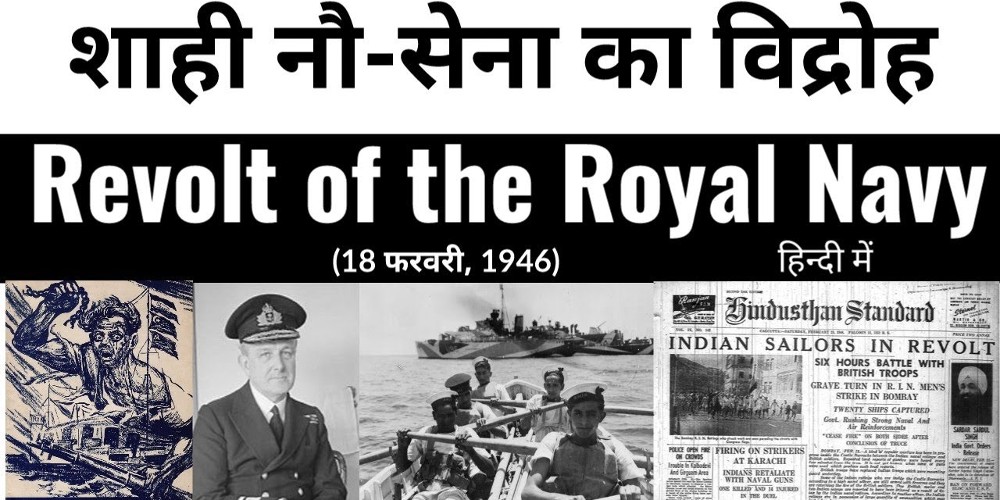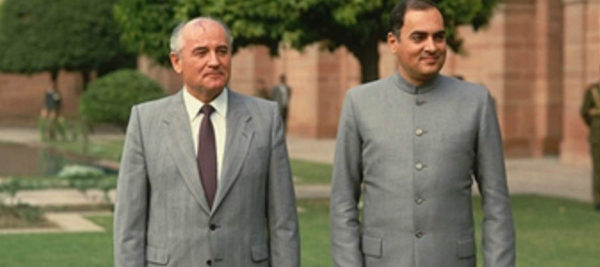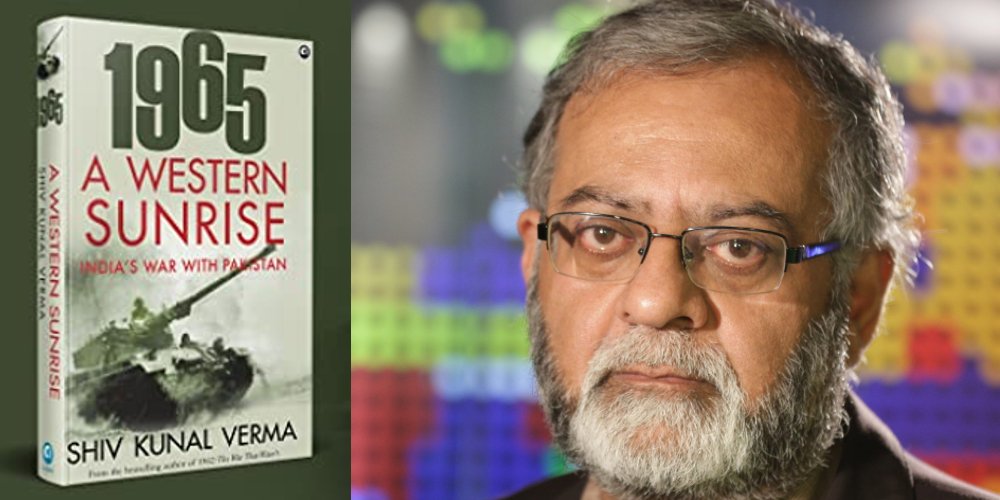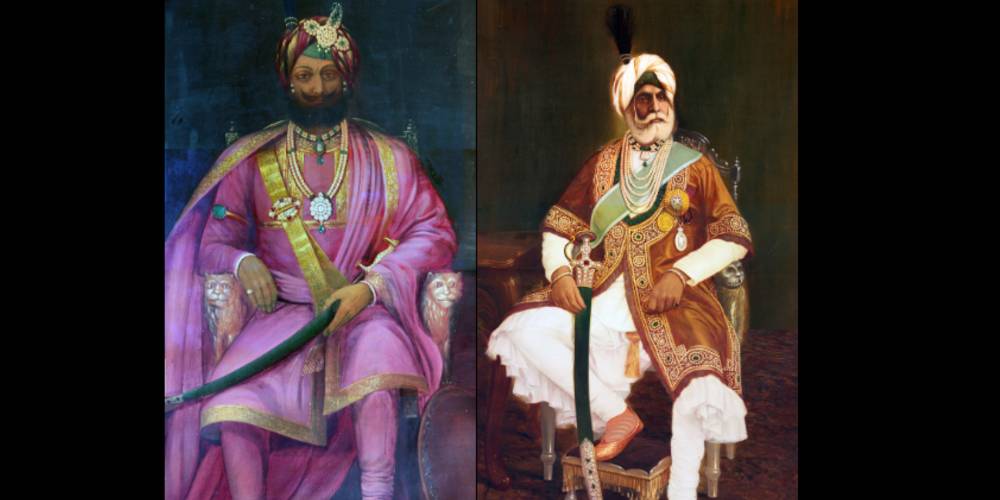Category: History
-

Why Congress opposed Naval Mutiny which led to August 15?
It is nice to remember the 1946 – Royal Indian Navy Mutiny just a few days before we celebrate our Independence Day. It is not just a neglected event in the history…
-

Soviet Union thirty years after collapse: Gains and losses
The collapse of the Soviet Union 30 years ago was a tragedy for half the world but frothed with possibilities for the other half which the West spilt, mistaking rampaging markets for…
-

Book Excerpt: 1965 – A Western Sunrise
In a scenario where decision-making was highly personalized, once Bhutto gave Ayub Khan the assurance that India would confine the fighting to Kashmir, he gave it the go-ahead. The question then arises:…
-
’83 Indian Soldiers are in Pakistani Captivity and Successive Govts Have Forgotten About Them’ (The Wire)
Believe it or not, as many as 83 Indian soldiers are in Pakistani captivity, some dating from as far back as the 1965 and 1971 wars, and it appears that successive Indian…
-
The True Story of India’s Decision to Release 93,000 Pakistani POWs After 1971 War (The Wire)
What motivated Mrs Gandhi to release the POWs? What went on behind the scenes? Were there any compelling circumstances at play that have remained unreported?
-

Kingdom of mountains: Dogras and the East India Company
The Treaty of Amritsar, between the East India Company and the Dogra ruler, Raja Gulab Singh on 16 March 1846 was a watershed, for it not only created the princely state of…
